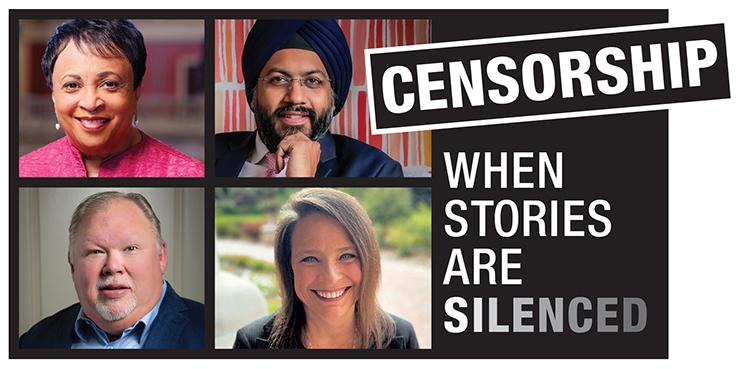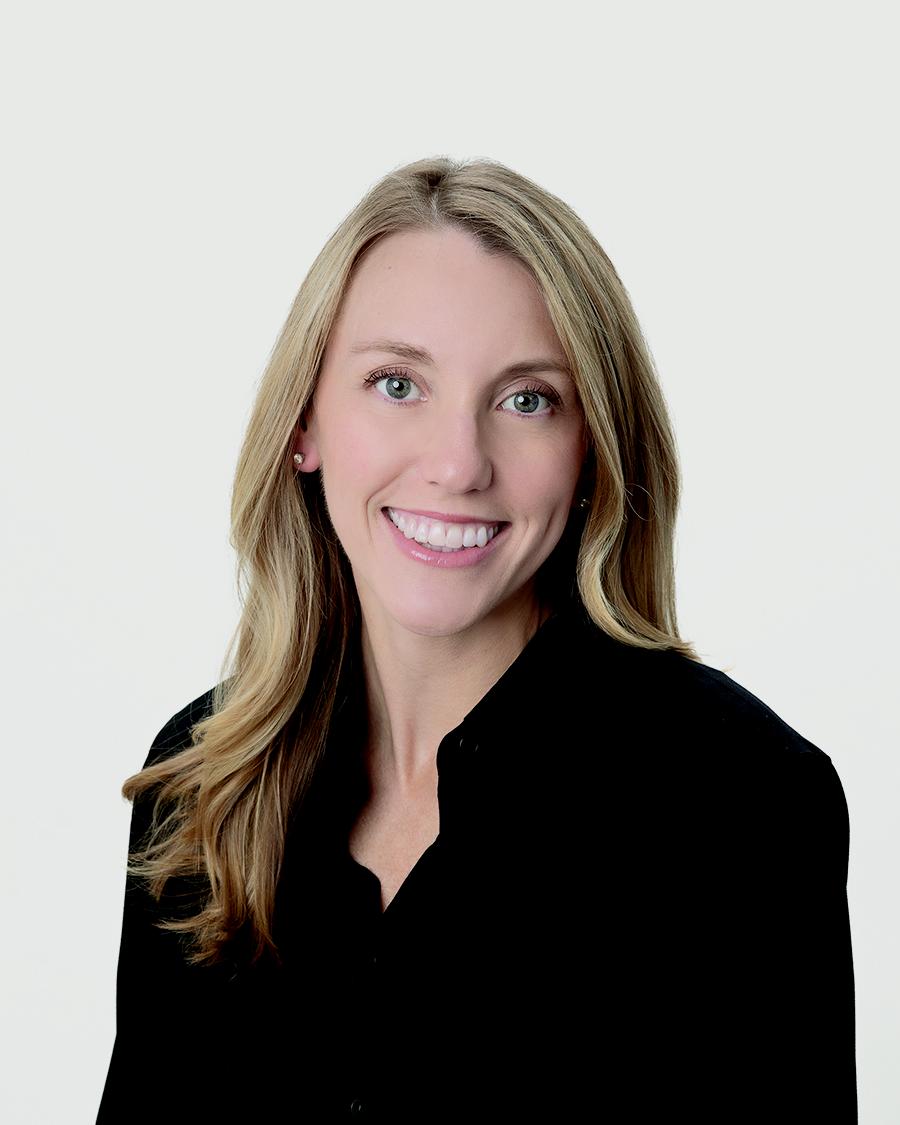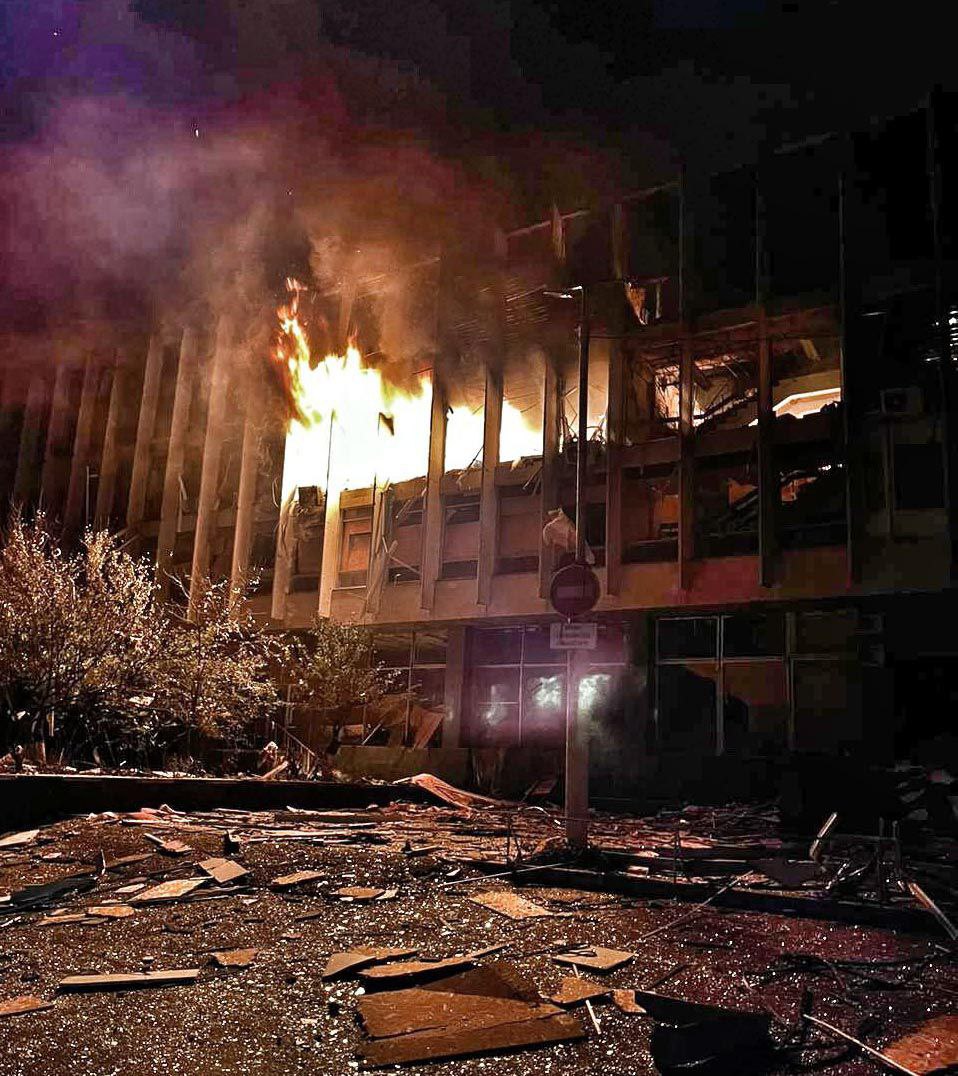Opinion
Frankly, I should have seen it coming, but personal growth and change can be so subtle that you sometimes don’t realize you’re doing it until you’ve done it. When I literally squealed with delight upon discovering “Gardening with Monty Don” on the Hoopla BingePass at PLA 2024, it dawned on me that I was no longer someone who just liked plants...I’d become a gardener.
As a book lover who works in the book industry, I have a job that aligns with my love for reading—and I get to work with librarians! Witnessing the sharp rise in attempts to ban books nationwide in recent years, I have become a vocal supporter of the First Amendment in ways that I didn’t expect when I began in publishing in 1988.
Frederick Douglass famously said, “Once you learn to read, you will be forever free.” This powerful and inspiring idea continues to resonate more than a century later, at a time when the essential services that libraries provide are more vital than ever.
Growing up in India as a young Sikh boy to aspiring middle-class parents, I understood their singular focus was to educate their children. Books were the windows that allowed me to gaze into a world far beyond my limited surroundings or imagination. The ancient tales of equality, courage, and righteousness from our scriptures, region, and history of valor ignited my imagination as I got older. At the same time, contemporary literature exposed me to the rich tapestry of cultures that coexisted in our vibrant nation.
Two and a half years ago, I was fired by the High Plains Library District (HPLD) in Weld County, CO, after I objected to cancelling programs for LGBTQIA+ teens and youth of color because they were “polarizing.”
When the LJ team decided to focus our June issue on censorship, I couldn’t get the idea of exploring the personal nature of book bans out of my head. Yes, the broad societal impacts of affronts to intellectual freedom are significant—but what do they look like and mean for individual readers?
My mentor used to say that we really only need to ask two questions when recruiting people: “Do you like to solve problems?” and “Do you like to help people?” If so, you would like working in the library! I tend to think that she’s right—and if the Library Journal 2024 Movers & Shakers are any indication, the opportunity to support community, exercise creativity, and advance learning are forces driving their work.
It’s April, which means that in addition to celebrating spring’s arrival, I’ll be joining libraries across the nation in celebrating National Library Week.
In the past two years of semi-occupation and warfare, public libraries in Ukraine have established themselves as actors in state defense. Among the first institutions to reopen after the war began, libraries continue to operate despite a shortage of funds and staff, and in the areas close to the front line, continuing shelling.
ALREADY A SUBSCRIBER? LOG IN
We are currently offering this content for free. Sign up now to activate your personal profile, where you can save articles for future viewing




